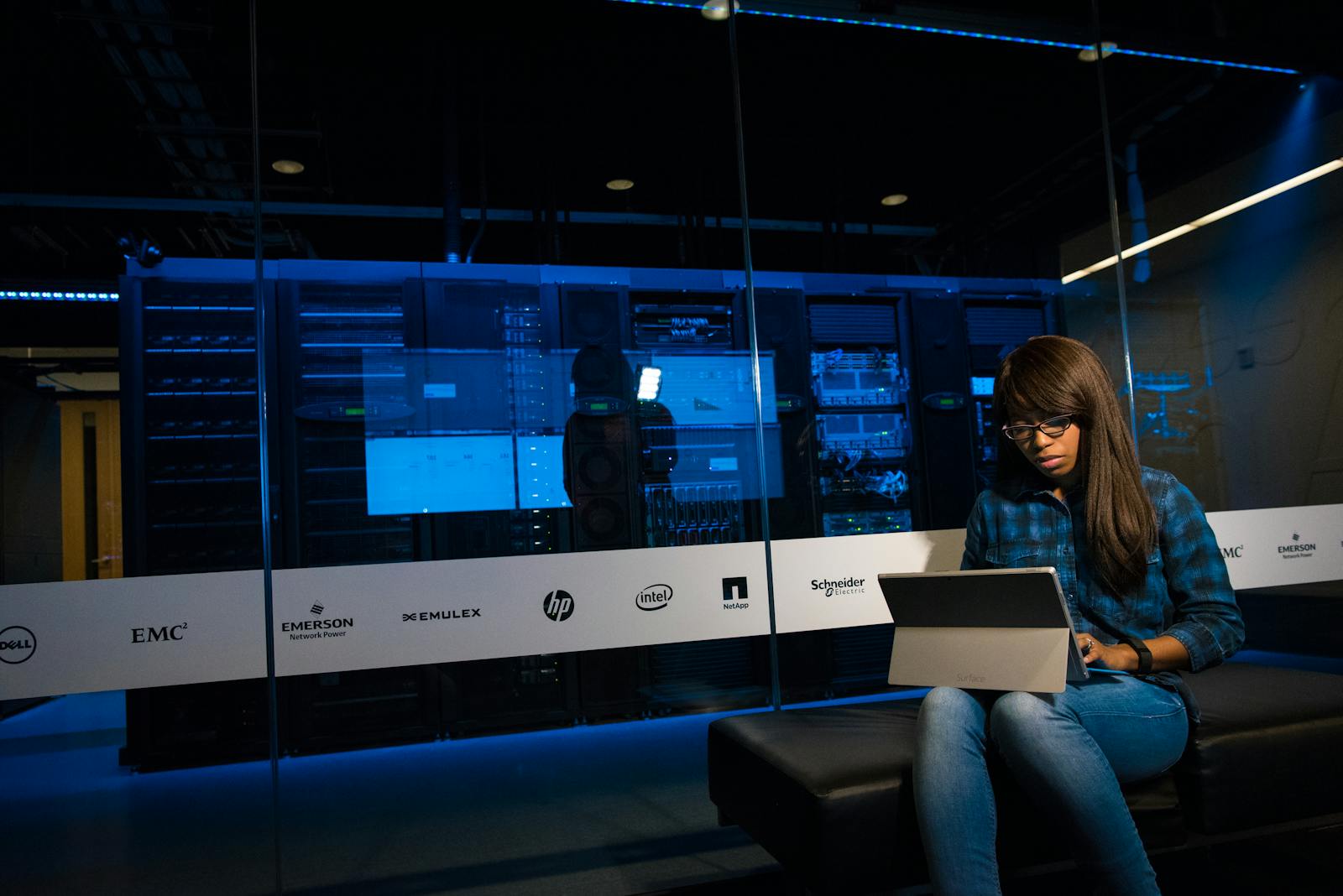In 2025, Irish businesses face unprecedented pressure to innovate while maintaining security and compliance. As organisations adopt DevOps practices to accelerate development and streamline operations, ensuring that these workflows remain secure and compliant is no longer optional. Secure, compliant DevOps safeguards sensitive data, mitigates operational risks, and ensures regulatory adherence, allowing companies to innovate confidently without exposing themselves to avoidable risks.
Understanding why secure, compliant DevOps is non-negotiable is essential for Irish founders, CTOs, and product teams aiming to scale efficiently and safely.
The DevOps Evolution
DevOps has transformed software development by bridging the gap between development and operations. Continuous integration and continuous deployment enable faster releases, improved collaboration, and automated workflows.
However, as DevOps practices mature, the risk profile of businesses increases. Automated pipelines, cloud infrastructures, and third-party integrations expose companies to security vulnerabilities and compliance challenges.
Key DevOps Risks
- Data Breaches: Misconfigured environments or unsecured pipelines can leak sensitive data.
- Regulatory Non-Compliance: Irish businesses must comply with GDPR and industry-specific regulations.
- Operational Downtime: Security incidents can halt business-critical applications.
Security Must Be Integrated
Security cannot be an afterthought. By embedding security practices into every stage of the DevOps lifecycle, businesses ensure that vulnerabilities are detected and mitigated before they escalate.
Security Best Practices
- Automated Testing
Automated security testing ensures that code is continuously evaluated for vulnerabilities before deployment. - Access Controls
Limiting permissions and enforcing role-based access reduces the likelihood of internal threats. - Encryption
Encrypting sensitive data both in transit and at rest protects against breaches and meets compliance standards. - Monitoring and Alerts
Real-time monitoring identifies anomalies quickly, allowing rapid response to potential threats.
At Dev Centre House, we implement security-first DevOps pipelines for Irish businesses, combining automation, monitoring, and best-in-class practices to safeguard platforms and data.
Compliance Cannot Be Optional
Regulatory compliance is a legal and reputational necessity. Irish businesses handling personal data, financial information, or health records must adhere to GDPR, PCI DSS, or HIPAA requirements depending on their sector.
How to Ensure Compliance
- Policy as Code
Incorporating compliance rules directly into DevOps workflows ensures continuous adherence. - Auditable Pipelines
Maintaining logs and audit trails provides transparency and demonstrates accountability. - Regular Audits
Frequent internal and external audits validate that processes remain compliant as systems evolve.
By partnering with Dev Centre House, we help businesses integrate compliance directly into DevOps pipelines, making adherence seamless rather than burdensome.
Benefits of Secure, Compliant DevOps
Secure, compliant DevOps offers tangible advantages beyond risk mitigation:
- Faster Time to Market: Confidence in security and compliance allows rapid releases.
- Customer Trust: Clients are more likely to engage with businesses that protect their data.
- Operational Resilience: Early detection and prevention reduce downtime and costly incidents.
Cross-functional teams at Dev Centre House guide Irish startups and enterprises in implementing DevOps strategies that balance speed, security, and compliance for sustainable growth.
Implementing Secure, Compliant DevOps
Step 1: Assess Current Pipelines
Evaluate existing DevOps workflows for potential vulnerabilities and compliance gaps.
Step 2: Define Security Policies
Establish security protocols, access controls, and encryption standards.
Step 3: Integrate Compliance Automation
Embed compliance checks into CI/CD pipelines to ensure ongoing adherence.
Step 4: Continuous Monitoring
Deploy monitoring tools and alerts to detect threats and compliance deviations immediately.
Step 5: Educate Teams
Ensure development and operations teams understand security and compliance responsibilities, fostering a culture of accountability.
20 FAQs

1. What is secure, compliant DevOps?
It is the practice of integrating security and regulatory compliance into DevOps workflows from development to deployment.
2. Why is it important for Irish businesses?
It protects sensitive data, ensures regulatory adherence, and reduces operational risks.
3. How does automation improve security?
Automated testing and monitoring detect vulnerabilities and threats before they impact production.
4. Can DevOps be compliant with GDPR?
Yes, with policy as code, audit trails, and secure data management practices integrated into pipelines.
5. How can Dev Centre House help?
We design secure DevOps pipelines, enforce compliance, and provide ongoing monitoring for Irish businesses. Visit Dev Centre House to learn more.
6. What are CI/CD pipelines?
Continuous Integration and Continuous Deployment pipelines automate building, testing, and releasing software.
7. How do access controls enhance security?
By limiting user permissions, access controls reduce the risk of insider threats and accidental misconfigurations.
8. What is encryption and why is it important?
Encryption protects sensitive data at rest and in transit, making it unreadable to unauthorized users.
9. How does monitoring support secure DevOps?
Real-time monitoring identifies anomalies and potential threats, enabling quick responses.
10. What compliance frameworks should Irish businesses follow?
GDPR, PCI DSS, and HIPAA are common frameworks depending on industry and data type.
11. Can Dev Centre House help startups implement compliance automation?
Yes, we embed compliance directly into CI/CD pipelines to reduce risk and manual work.
12. How often should security audits be conducted?
Regular audits, both internal and external, ensure continuous compliance and risk mitigation.
13. What is policy as code?
Defining compliance rules as part of code to automatically enforce standards in DevOps workflows.
14. How can secure DevOps improve time to market?
By reducing manual security checks and mitigating risks proactively, releases can happen faster.
15. Does Dev Centre House offer training on secure DevOps?
Yes, we provide workshops and guidance to educate teams on security and compliance practices.
16. What are common DevOps security threats?
Misconfigured pipelines, unencrypted data, weak access controls, and vulnerable third-party integrations.
17. How can Irish enterprises stay updated with compliance regulations?
Regular training, monitoring changes in law, and auditing practices help maintain adherence.
18. Can automated compliance reduce human error?
Yes, automating compliance checks ensures consistent application of security and regulatory rules.
19. How do we measure DevOps security effectiveness?
Through audits, monitoring metrics, incident response times, and vulnerability detection rates.
20. Why partner with Dev Centre House for secure DevOps?
We combine technical expertise and strategic guidance to implement secure, compliant, and scalable DevOps workflows. Learn more at Dev Centre House.
